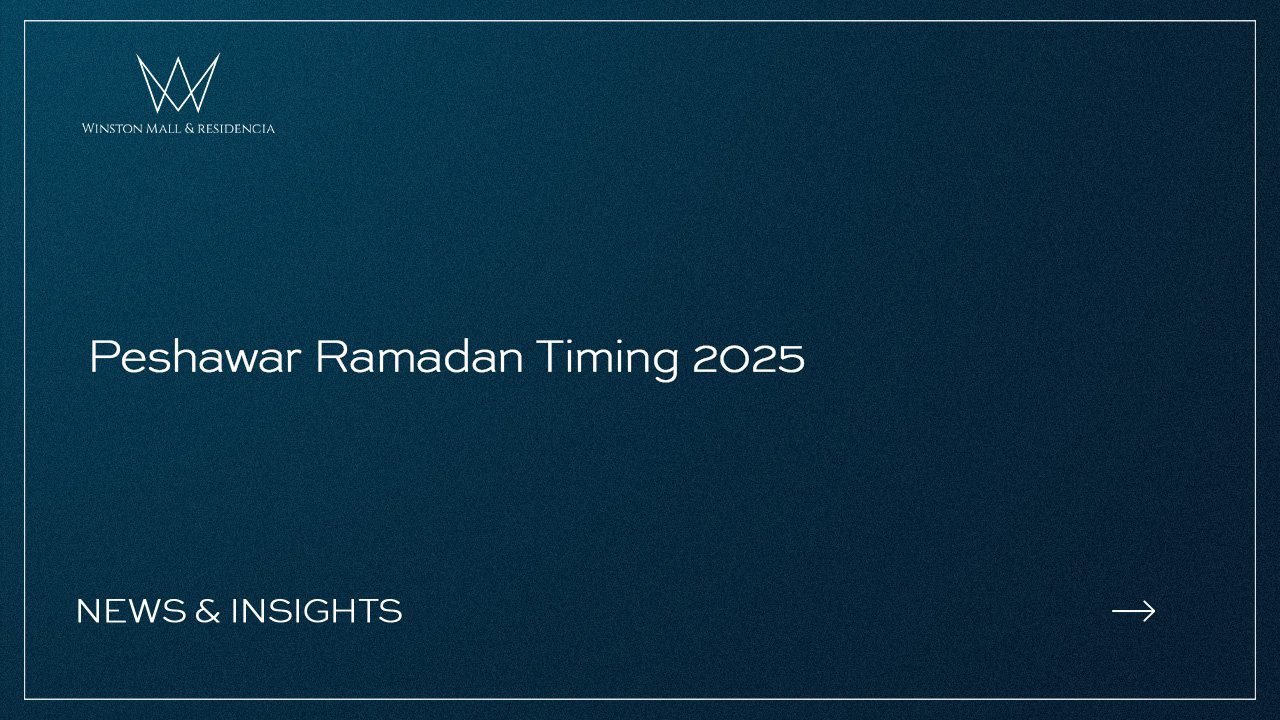As Pakistan gears up for one of its most solemn religious observances, officials have released the expected dates for Ashura in 2024. This significant event, marking the martyrdom of Hazrat Imam Hussain (R.A) and his companions at Karbala, is set to be observed with profound reverence across the nation.
According to the lunar calendar calculations, the holy month of Muharram is anticipated to commence on July 8, 2024, in Pakistan. Following this timeline, the 9th and 10th of Muharram, known as Tasua and Ashura respectively, are likely to fall on Tuesday, July 16, and Wednesday, July 17, 2024.
The Ministry of Religious Affairs has indicated that these dates are subject to the official sighting of the moon, which will be confirmed closer to the time. As is customary, the federal government is expected to declare public holidays on these two days to allow citizens to fully participate in the commemorations.
Ashura holds deep historical and spiritual significance for Muslims worldwide, particularly in Pakistan, where it is observed with intense emotion and reverence. The day memorializes the ultimate sacrifice of Hazrat Imam Hussain (R.A), the grandson of Prophet Muhammad (PBUH), who, along with his family and loyal followers, stood firm against tyranny and oppression in the battle of Karbala in 680 AD.
In preparation for the event, local authorities across Pakistan are already beginning to plan elaborate security measures. Major cities like Karachi, Lahore, Islamabad, and Quetta are expected to see large-scale mourning processions, known as Juloos, which will require careful crowd management and heightened security protocols.
The Inspector General of Police in each province has been directed to start formulating comprehensive security plans well in advance. These plans typically involve the deployment of thousands of police officers, the use of CCTV surveillance, and the implementation of traffic diversions to ensure the safety of mourners.
Religious scholars and community leaders are also gearing up to deliver special sermons and organize majalis (gatherings) to recount the events of Karbala and draw lessons from the unwavering faith and sacrifice of Imam Hussain (R.A). These gatherings often emphasize themes of justice, righteousness, and standing up against oppression, which continue to resonate with contemporary issues.
The Ministry of Health has announced that it will be setting up special medical camps along the routes of major processions to provide immediate assistance if needed. Hospitals will be put on high alert, with additional staff and emergency supplies made available during the Ashura period.
As Ashura also marks the beginning of the Islamic New Year, many Pakistanis see this as a time for reflection and renewal. Charity organizations typically see an increase in donations during this period, as many choose to honor the memory of Imam Hussain (R.A) through acts of kindness and generosity.
The cultural impact of Ashura extends beyond religious observances. Many cities in Pakistan witness the emergence of sabeel stalls, where water and food are distributed freely to passersby, emulating the generosity of Imam Hussain (R.A) and his companions who shared their limited water with their enemies even in the face of severe thirst.
While the primary focus remains on the religious and historical significance of Ashura, the event also serves as a unifying force in Pakistan. People from various sects and even non-Muslims often participate in or support the commemorations, highlighting the event’s role in fostering community cohesion.
As the dates draw nearer, further announcements are expected from government and religious authorities regarding specific arrangements and any potential changes due to moon sighting. The nation awaits this significant observance, preparing to honor the legacy of Imam Hussain (R.A) and reflect on the enduring messages of faith, sacrifice, and justice that Ashura embodies.
Winston Mall: please contact +92-314-5166334 or visit https://winstonmall.com/




